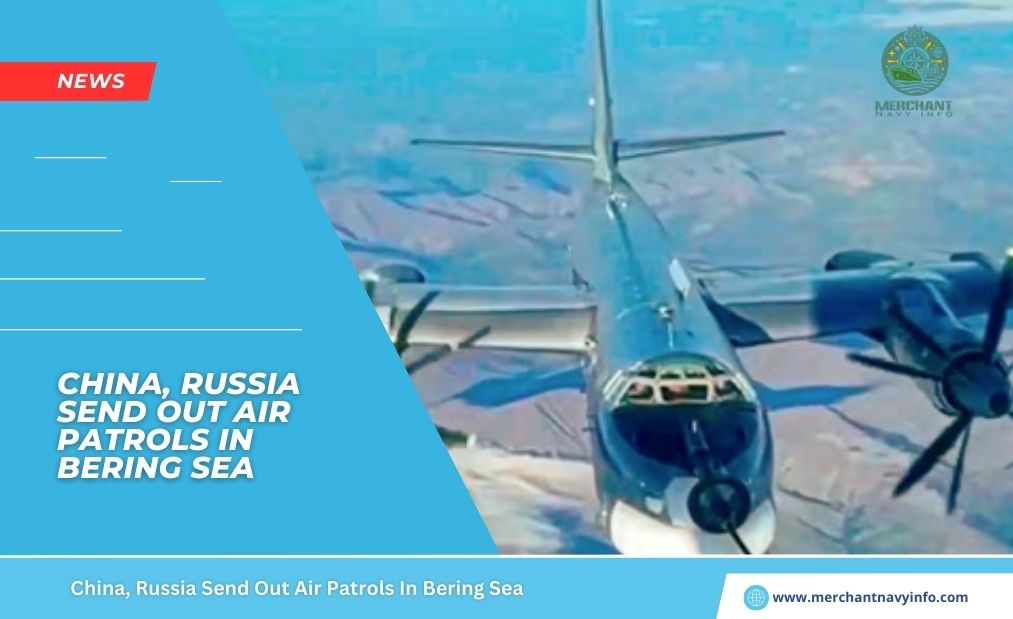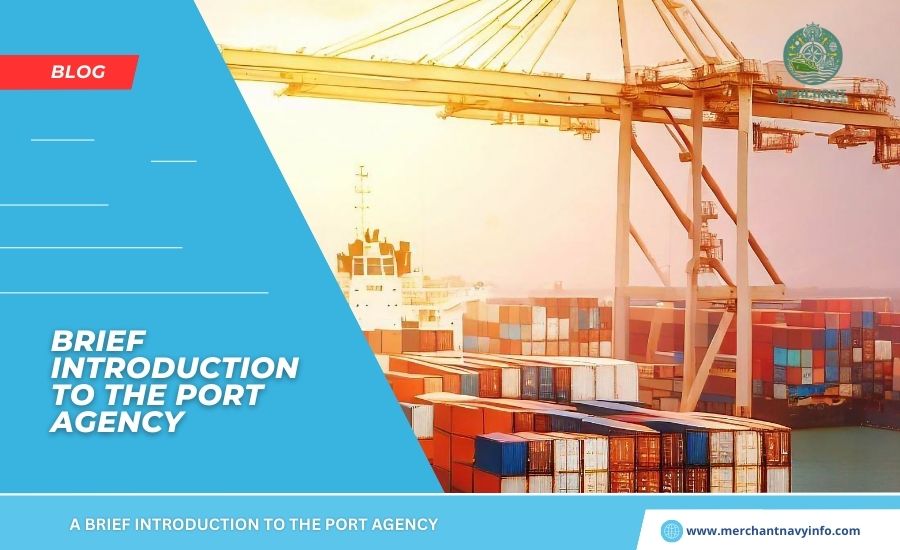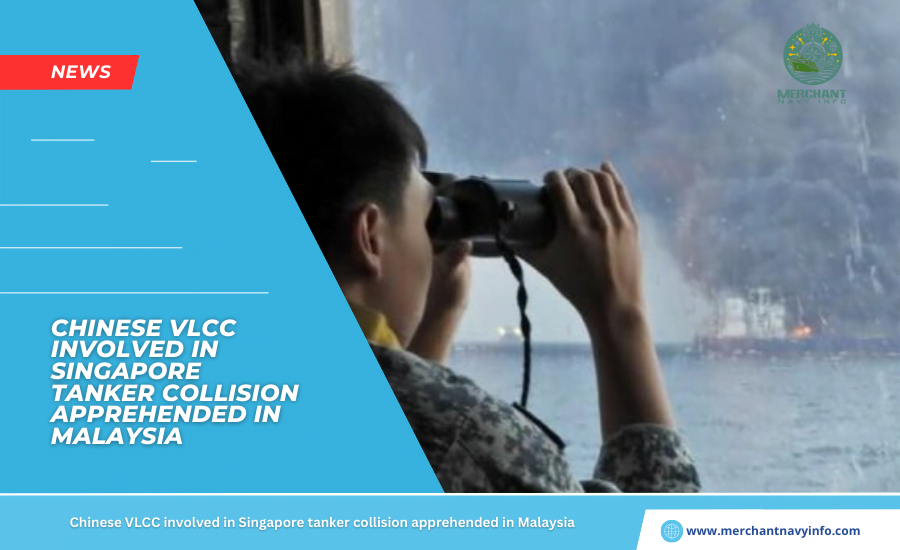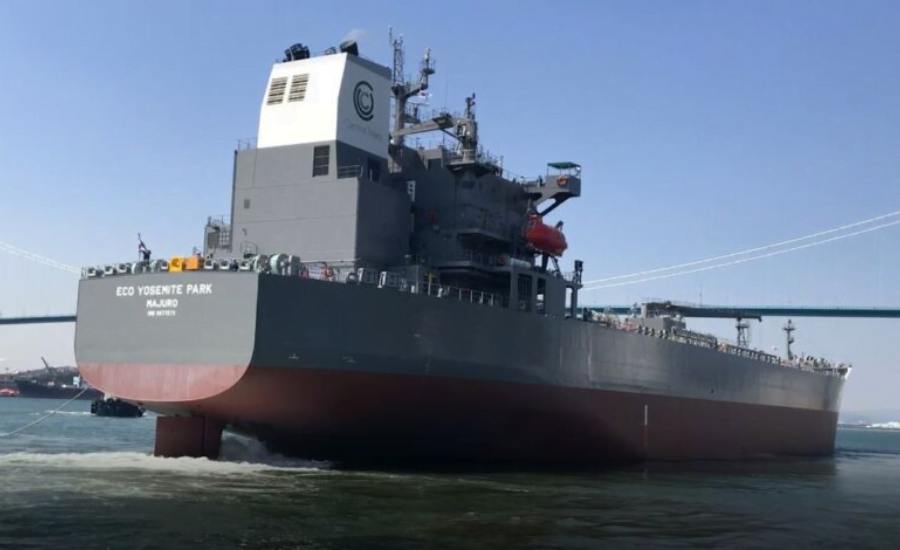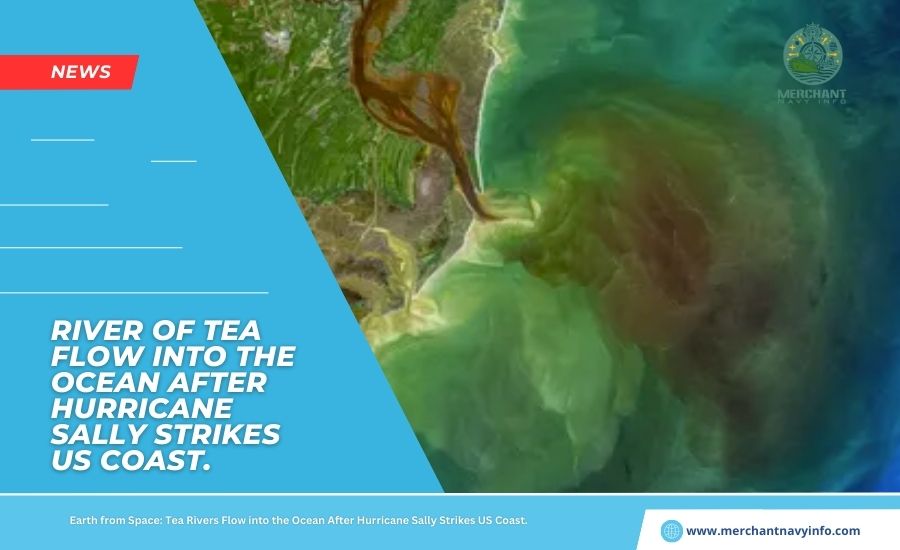
The EMSA Outlook 2024 delineates the strategic priorities of the Agency for the forthcoming year. Aligned with overarching multi-annual strategic objectives, these focal points stem from the officially endorsed Single Programming Document (2024-2026), a robust roadmap ratified by EMSA’s Administrative Board in November 2023.
Structured across seven thematic categories, this publication underscores a robust emphasis on Sustainability, Safety & Security, Surveillance, and Simplification. This underscores the Agency’s steadfast commitment to tackling fundamental maritime challenges.
In addition to these core areas, the Agency places significant attention on three cross-cutting themes – Digitalisation, Technical Assistance, and Strategic Support.
This strategic framework guides EMSA’s operational endeavors and forms the backbone of this publication. Each section offers a comprehensive overview of the Agency’s endeavors within these realms. Below, we present a glimpse of notable highlights for the upcoming year.
This organizational framework is evident in the chapters of the publication, where we present some highlights below:
Sustainability:
Given the increasing urgency for sustainability action, EMSA will assist in implementing measures tied to the European Green Deal, such as the ‘Fit for 55’ package aimed at reducing net GHG emissions by at least 55% by 2030. This package includes initiatives like the FuelEU Maritime proposal, extending the EU Emissions Trading System to maritime transport, and revising the Alternative Fuels Infrastructure Regulation. EMSA will collaborate with the European Commission to support additional relevant initiatives for greener shipping, including the EU Taxonomy for sustainable maritime financing.
Surveillance
Within the surveillance domain, national authorities conducting coast guard operations in the Member States and EU Agencies will persist in leveraging the innovative maritime surveillance services provided by EMSA, both existing and forthcoming. These services complement traditional surveillance methods such as terrestrial AIS, manned aircraft, and patrol vessels.
Safety and Security:
Safety and security considerations remain paramount for the Agency, especially as the maritime industry navigates through various transitions, including the adoption of zero-carbon fuels and associated propulsion systems, as well as the push towards digitization and automation. EMSA will delve deeper into the safety risks associated with alternative fuels and collaborate with stakeholders to develop guidance for their safe usage. Additionally, the Agency will complete its work on ensuring the safe implementation of battery systems in maritime settings. New studies will also be initiated to address key safety concerns while continuing to follow up on previous and ongoing research endeavors.
Simplification:
EMSA is dedicated to promoting greater simplicity through a range of digital services tailored to enhance maritime operations. In 2024, our focus will be on harnessing technology to facilitate information exchange, streamline reporting processes, and advance the digitalization of maritime activities. Ensuring the quality of ship-related information is vital for the success of these digital services.
We will continue to assist Member States in the implementation and testing of the SafeSeaNet system, particularly emphasizing version 5 in 2024. Furthermore, we plan to establish a long-term archive of SafeSeaNet data using cloud-based solutions and sophisticated data analysis techniques for in-depth analysis. SafeSeaNet will undergo further enhancements to provide facilitation services to coastal stations for seamless ship-to-shore reporting, aiming to simplify reporting requirements, reuse information, and consolidate SafeSeaNet as the primary platform for maritime information exchange.
Digitalization:
Integrated Maritime Services (IMS) will see ongoing enhancements with tailored features, functionalities, datasets, and services to meet the evolving needs of expanding user communities. Collaborative efforts via webinars, hybrid training sessions, and the EMSA Academy will propel further advancements in 2024.
Technological improvements to IMS will boost performance, offering significant advantages to users with limited internet bandwidth. Additionally, new services catering to specific requirements of Vessel Traffic Monitoring & Information System (VTMIS) will be deployed through IMS toolboxes to diverse Member State authorities.
Technical Assistance:
EMSA’s visits and inspections remain pivotal in enhancing maritime safety, security, and sustainability by pinpointing strengths and weaknesses in EU law implementation. Coupled with horizontal analyses of visit findings, Member States and the European Commission gain insights into areas needing improvement or potential changes to EU legislation.
Strategic Support:
In the forthcoming year, EMSA will utilize its array of services to ensure financial efficiency and operational effectiveness, fostering collaboration and shared contributions among EU stakeholders.
EMSA remains dedicated to delivering various services through bilateral cooperation agreements to EU entities and stakeholders with maritime-related functions, aiding in the fulfillment of their overarching objectives. Recipients of these services include prominent organizations such as the European Fisheries Control Agency (EFCA), European Naval Forces (EUNAVFOR Atalanta and EUNAVFOR Med), European Union Agency for Law Enforcement Cooperation (Europol), the European Border and Coast Guard Agency (Frontex), the Maritime Analysis and Operations Centre – Narcotics (MAOC (N)), and the Emergency Response Coordination Centre (ERCC). The ongoing support for the ERCC will persist under the anticipated new Working Arrangement between EMSA and the European Commission’s DG ECHO.


